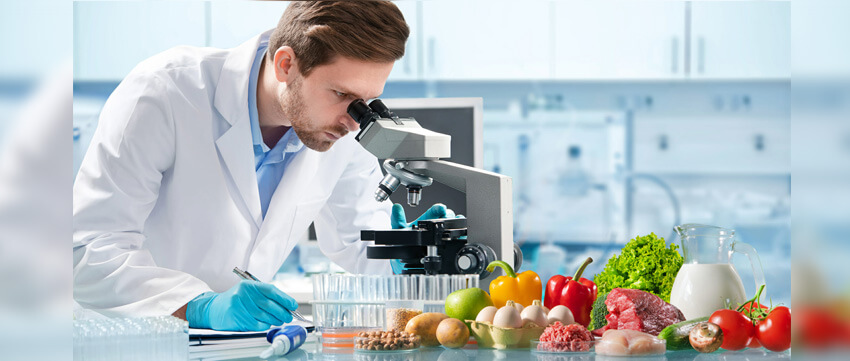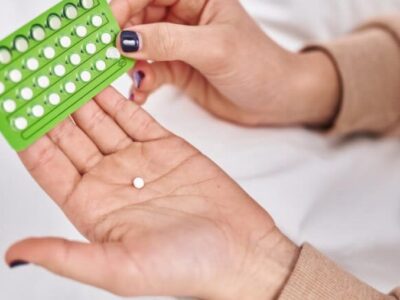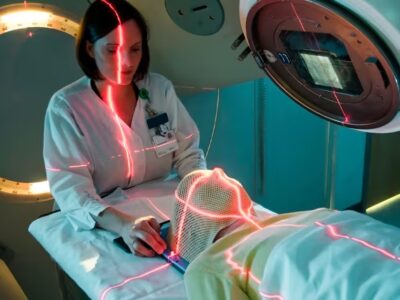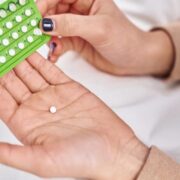
The demand for high-quality, reliable laboratory services is continuing to surge thanks to the U.S. Food and Drug Administration [FDA], Global Food Safety Initiative, and customers demanding microbiological and chemical testing on foods as well as surfaces. Food safety testing is important as it tests the quality of a product, checks quality control, and ensures that food manufacturers meet the set laws and standards, etc.
It is worth mentioning that not all labs are the same. That’s why you need to do your thorough research to ensure that you choose the best food lab. When choosing a food safety testing laboratory, there are key things you need to pay attention to. Keep on reading this article as we expound on these key things.
- Accreditation
When looking for a food testing lab, one of the most important things you need to pay attention to is accreditation. Is the food testing lab you are considering accredited? A legit food testing lab must be accredited by the regulatory body.
ISO accreditation is one of the ways businesses provide assurance to other businesses that they are indeed operating in compliance with a globally recognized standard, are reliable, and competent. However, it is worth mentioning that accreditation doesn’t guarantee that all entities accredited under the same standard are equal. Before you engage with the food testing lab of your choice, you need to check their website to see if they have an ISO accreditation. This will demonstrate that they are operating in accordance with globally recognized standards. Food testing labs should be accredited to ISO/IEC 17025:2017, which is an update from ISO/IEC 17025:2005. This specifies the requirements for the competence to perform tests and calibrations such as sampling.
- Recommendations
You can also ask for recommendations from your peers regarding the best food lab. If a lab tends to engage in shady services, it will be easily known because word spreads like fire. Your family members can also recommend a good food testing lab. While it seems that your friends, family, and colleagues can recommend a good food testing lab, it is still a good idea to do your thorough research because they may give you biased analysis.
- Know your needs
It is good to pin down all the services you need before you contact a food testing laboratory. Is it analytical chemistry testing, sensory testing, nutrition analysis, or microbiology testing? Knowing the service you are seeking in advance can help you choose the right food testing lab that is offering the specific service you are in need of. That’s because not all food testing laboratories offer all of these services.
- Find out if the lab offers subcontract services
When choosing a food testing laboratory, make sure that you know if the laboratory sub-contracts another lab to carry out any testing. Your lab of choice may subcontract to another food testing lab because they may not be having the required testing expertise, scope, or time. If you find that they do sub-contract, make sure that the laboratory they are sub-contracting also has the appropriate accreditation.
- Know the allowable limits and detection
Before you request any testing, you need to know the required allowable limits for your specified verification activity. For instance, you need to know the allowable limit of your particular product that you want to be tested. You need to find out from the food testing lab of your choice what their limits of detection are.
- Turn-around time
Another crucial thing you need to pay attention to when choosing a food testing lab is their turn-around time. The time required to test your sample is an essential consideration in your food or environmental testing. So, make sure that you confirm from the food testing lab of your choice what their turn-around time is for testing. You can as well check the best time/day to send your samples.
That’s because the lab may not work on weekends, meaning that sending samples on a Friday afternoon for analysis may not be ideal. Another aspect when turn-around time is crucial is when you are using external testing as part of a ‘positive release’ process. This means that the product you want to be tested as appropriate before it can actually be released into the market. This makes time crucial in this case.
- Budget
Another key thing you need to have in mind when choosing a food testing laboratory is cost. Just like any capital or operational expense, sampling and testing also require money. So you need to be fully aware of all the costs that are associated with testing.
You can achieve that by asking the food testing lab of your choice the amount of money they charge for their services. You will also need to know the number of swabs you plan on testing for each pathogen. Food testing labs usually charge differently for their services. So it is good to do your research to find a food testing lab whose charges suit your budget. However, this doesn’t mean that you should go for a food testing lab that charges extremely low prices. This could mean low-quality services.
- Your audit evidence
Once you have tested your particular product, you are required to have proof of testing. So, all test reports provided by the food testing lab of your choice should be kept to verify your testing activities. Remember that if the test reports are from a food testing laboratory whose accreditation has expired, the reports won’t be valid.
Final thoughts
When it comes to choosing a food testing laboratory, you need to do your due diligence. Working with a food testing lab is a huge investment that you cannot afford to take for granted. Plan ahead and save yourself from unnecessary stress. Food testing plays a crucial role in the food safety system. That’s why it is important that you find a reputable and reliable food testing lab to test your product.











